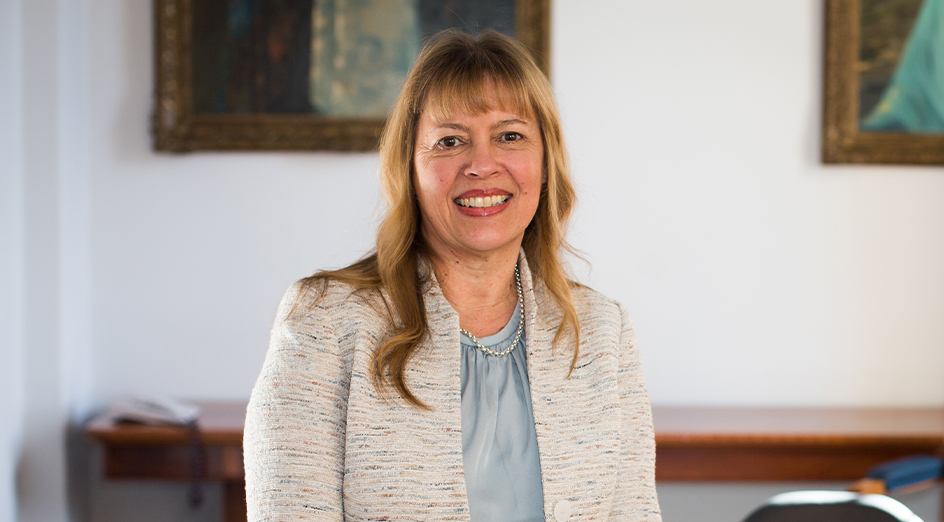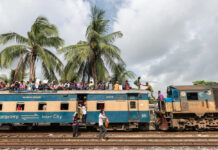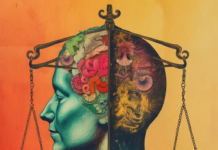In a new article, aboriginal and indigenous health professionals in Australia highlight the importance of cultural safety in mental healthcare research in native communities across the globe.
The study, published in the Australian Journal of Rural Health, outlines how to develop evidenced-based mental health interventions for indigenous people by formulating the ethical foundations for culturally safe research in psychology.
The authors, led by Helen Milroy, a descendant of the Palyku people and Australia’s first Indigenous doctor, write:
“The disparity in mental health outcomes compared with non-Indigenous Australians means that there is an urgent need to develop an evidence base around how services can better support Aboriginal and Torres Strait Islander communities. A critical first step is to embed cultural safety into research methodologies…Voices of Aboriginal and Torres Strait Islander peoples must be empowered across all stages of research. An Aboriginal-led research team conducted focus groups to understand clear, sensitive, and culturally appropriate ways of asking about experiences in mental health care, to co-design an interview on this topic.”

According to the authors, the vast majority of research on mental health interventions for indigenous populations has not been culturally safe, especially for Aboriginal and Torres Strait Islander communities. If mental healthcare research is not culturally safe, mental health interventions and systems will not be safe either. Thus, in their article “Co-designing research with Aboriginal and Torres Strait Islander consumers of mental health services, mental health workers, elders, and cultural healers,” the authors sought not to focus on the outcomes of their research but to highlight the importance of culturally safe study and how to achieve it.
Cultural safety, a concept first coined by Māori in Aotearoa (New Zealand), contextualizes the harms and inequities of healthcare systems that lack competency and respect for indigenous identity and ways of knowing. Culturally unsafe healthcare practices demean, diminish, disempower, and underestimate indigenous people’s cultural identity and further perpetuate colonialism under the guise of healthcare and academic research.
This project, embedded in the larger “Transforming Indigenous Mental Health and Wellbeing” project, was led by individuals that are part of the communities they researched. Indeed, culturally safe research, according to the authors, must be self-reflexive, critical, and authentically engaged in a partnership with the communities one is trying to research. This step is crucial as it safeguards the research’s response to the community’s needs rather than the researcher’s desires.
The project highlights are not the results but the methods they used. The authors highlight the four methodological considerations they took to ensure that their research was as culturally safe as possible.
- Indigenous governance – if you are researching indigenous communities, it is necessary that indigenous people lead the project. If you cannot find someone to conduct the research, see if you can assemble an indigenous advisory group that can offer feedback on research questions and consults with community organizations.
- Training for non-indigenous staff – learning how to work in the context of cultural safety is an ongoing process. During the early stages of your project, ensure that your non-indigenous researchers and staff are made aware of their situatedness in how your indigenous governance group has decided is the most culturally safe and respectful.
- Co-design processes and ongoing community engagement – throughout the research, you must continuously check in with the stakeholders and communities you are researching. Ask community members about your interview questions, hold focus groups, and ensure the project is accessible and accommodating to their subject population; e.g., allow for digital communication methods or meet your community where they’re at. By regularly touching base, you ensure that during the research process, the work will remain aligned with community goals and thus be more culturally safe.
- Ethics – seek approval from local ethics committees to ensure that your research is ethical according to the community standards you’re working with and that it is in alignment with ethical standards worldwide.
The key takeaways from this methodology are perhaps challenging to embrace in an academic world that encourages as much authorship as possible as quickly as possible. The first takeaway: build authentic relationships with the communities you work with. The second: research cannot be fast-tracked. It will take as long as it takes to conduct your research.
There are cultural differences that ought to be considered that were beyond the scope of this research—the authors could not comment on all native communities—and it is up to the researcher themselves to ensure their research is fitting and ethical to their specific communities and stakeholders.
Academic and medical mental healthcare research has a history of disempowering and harming indigenous ways of knowing and being. However, there are ways to combat this unique form of neocolonialism: integrate indigenous perspectives into treatment, and improve the treatment gap across cultures and indigenous communities internationally.
****
Milroy, H., Kashyap, S., Collova, J., Mitchell, M., Derry, K. L., Alexi, J., … & Dudgeon, P. (2022). Co‐designing research with Aboriginal and Torres Strait Islander consumers of mental health services, mental health workers, elders, and cultural healers. Australian Journal of Rural Health. (Link)















Wow, there’s a unique concept that I doubt will be implemented into research…… asking first. It’s just never necessary when your a psychiatrist. Nice to make them think they have rights but …. at the end of the day….. consent is conditional on you coming to the same conclusion as your captor.
The ‘history’ of this place has been one of take what we want and ‘fuking destroy’ anyone who dares get in our way……. right up to the present day where this is the response of the State governments of this Nation. (Charter of Healthcare Rights? Try and make a legitiamte complaint and the response is “we’ll fuking destroy you [and your family]”)
Juukan gorge…….. blow it up despite the laws protecting it. Pay the people who blew it up $5 million and ask them to resign. Have the Parliament tell the public we are ‘strengthening the laws to protect such sites”, and pass laws that will be ignored next time they want to blow world heritage sites up. (terrible what the Taliban did in Afghanistan wasn’t it? Did they get a golden hand shake and a new job too?)
But I suppose it’s always good to put these things forward and suggest them……and then like the complaints about human rights abuses lodged, we can “edit” the reality, and ignore the complaint despite the evidence.
https://humanrights.gov.au/our-work/aboriginal-and-torres-strait-islander-social-justice/projects/close-gap-indigenous-health
I think that my biggest disappointment about my generation is that we actually had the chance to change all of this…….. and we did nothing but make matters worse. I pity the decisions the next generation will have to make, given that the State governments have discussed the forced sterilisation of children without parental consent…….. and at some point the ‘cost’ (to the people stripping the taxpayers of money) will outweigh the ‘ethics’ of it all.
Report comment